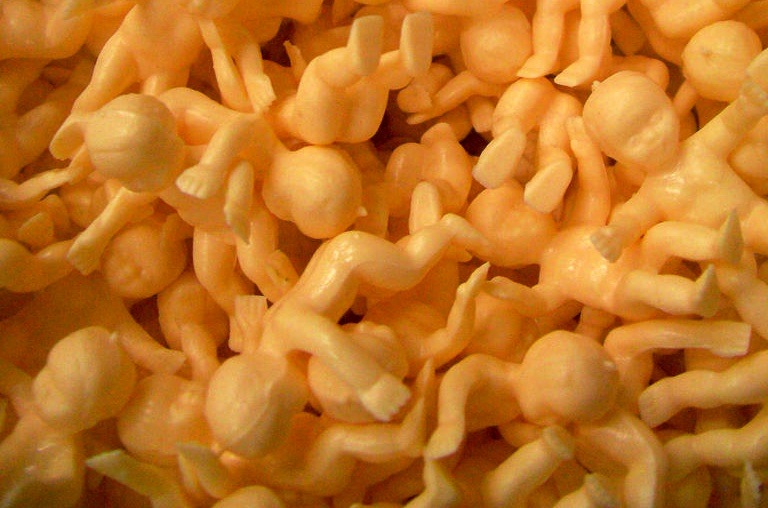S. Matthew Liao, a philosopher and bioethicist, has some incredible ideas about how to deal with climate change. Instead of resorting to geoengineering, he suggests, why not consider engineering humans to cause less damage to the planet? Ross Andersen interviewed Liao, and one of the most fascinating ideas that they discussed is the possibility of selecting embryos that will grow into “smaller, less resource-intensive children.” Here’s Liao’s argument:
It’s been suggested that, given the seriousness of climate change, we ought to adopt something like China’s one child policy. There was a group of doctors in Britain who recently advocated a two-child maximum. But at the end of the day those are crude prescriptions—what we really care about is some kind of fixed allocation of greenhouse gas emissions per family. If that’s the case, given certain fixed allocations of greenhouse gas emissions, human engineering could give families the choice between two medium sized children, or three small sized children. From our perspective that would be more liberty enhancing than a policy that says “you can only have one or two children.” A family might want a really good basketball player, and so they could use human engineering to have one really large child.
That starts sounding a little too dystopian a little too fast for my taste. But geoengineering ideas — spraying the sky with chemicals that turn it white and reflect more heat back into space, for instance — can fit just as easily into the creepy sci-fi “the robots are taking over” genre. Here are some of Liao’s other ideas:
- Use a pill or a patch to induce aversion to meat
- Give people drugs to increase their empathy and altruism, feelings associated with environmental concern
- Making people smarter so they have fewer children
- Changing people’s eyes into cat eyes so they can see in the dark and need less light (this is clearly the raddest one, but it’s not technically possible yet)
Lest you think that this is all the stuff of fantasy, consider this. Liao writes that “oxytocin, which could be used to increase empathy, is already used as a prescription drug.” And he told Andersen, “I recently gave a talk about this paper at Yale and there was a man in the audience who worked for a pharmaceuticals company; he seemed to think there might be a huge market for modifications like this.” If the pharmaceutical companies get on board, there’s no telling what kind of pills they can convince us to take, so start thinking right now about whether you want three small children or one large one.



